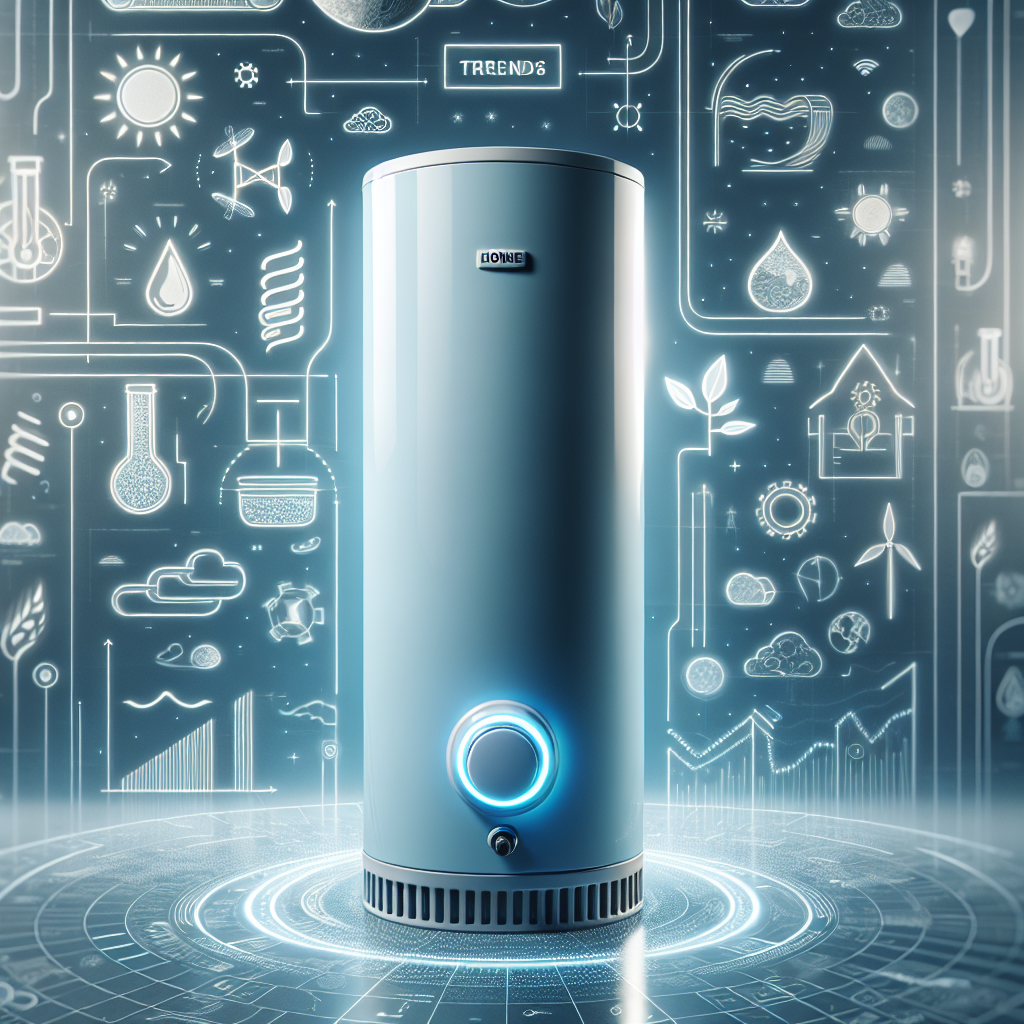As the world becomes more conscious of energy consumption and climate change, water heating technology is undergoing a significant transformation. Whether you’re upgrading your home appliances, building a new home, or simply curious about innovations in this essential sector, understanding the future trends in water heating can help you make informed choices. In this article, we’ll explore the latest advancements, energy-efficient solutions, and what to expect in the coming years.
The Rise of Energy-Efficient Water Heaters
Understanding Energy Efficiency
Energy efficiency is more than just a buzzword; it’s a necessity in our quest for sustainable living. Traditional water heaters often lose energy through standby heat loss, which occurs when hot water is stored and then slowly cools. However, new models are designed to minimize this energy waste.
Tankless Water Heaters: These on-demand systems heat water only when needed, eliminating the need for storage and dramatically reducing energy consumption. They’re perfect for smaller homes or those who wish to save on energy bills without compromising on hot water supply.
Innovations in Heat Pump Technology
Heat pumps are emerging as one of the most sustainable choices on the market. Instead of generating heat directly, they transfer heat from the air or ground to heat water. This process can be up to three times more energy-efficient than traditional electric or gas water heaters. Expect to see increased adoption of heat pump water heaters as more homeowners recognize their environmental benefits and long-term savings.
The Impact of Smart Home Technology
Smart Water Heaters: Convenience and Control
As our homes become smarter, water heating technology is no exception. Smart water heaters integrate with home automation systems, allowing homeowners to monitor and control their water heating remotely.
Features to Anticipate: These systems can learn your hot water usage patterns, optimize heating schedules, and even alert you to any maintenance needs. Imagine receiving a notification on your smartphone if your water heater experiences a leak—this level of control enhances convenience and promotes preventive maintenance.
Integration with Renewable Energy Sources
The future of water heating also lies in its compatibility with renewable energy sources, such as solar panels. Homeowners can optimize their energy use by pairing solar water heating systems with traditional or tankless heaters. This integration not only reduces reliance on fossil fuels but can result in significant cost savings over time.
Alternative Fuel Sources: A Clean Future
Exploring Biofuels and Hydrogen
As we shift toward a cleaner future, researchers are investigating alternative fuels for heating water. Biofuels—derived from organic materials—are being explored for their potential to produce zero-carbon heat for water.
Additionally, hydrogen technology is on the rise. Hydrogen can be used in fuel cell water heaters, producing only water vapor as a byproduct. Although these technologies are still in their infancy, they hold the promise of transforming the water heating landscape over the next few decades.
The Role of Regulations and Incentives
Government Initiatives for Energy Efficiency
To motivate homeowners and builders, many governments are introducing regulations and incentives aimed at reducing energy consumption. Tax credits, rebates, and energy efficiency standards are becoming more common, driving adoption of advanced water heating technologies.
In the United States, for example, the Department of Energy has outlined aggressive goals to increase energy efficiency in residential appliances. Staying updated on these regulations can provide significant financial benefits while enhancing the sustainability of your home.
Conclusion: A Shift Toward Sustainability
The future of water heating technology is bright, pointing toward a more sustainable, efficient, and user-friendly experience. With innovations in energy-efficient designs, smart technology, and alternative fuels, homeowners can look forward to enhanced performance and reduced energy costs.
As we become more conscious of our energy consumption and its environmental impacts, embracing these advancements in water heating technology is not just a choice but a responsibility. By staying informed about these trends, you can make decisions that contribute to a cleaner, more sustainable future—one hot shower at a time.
Call to Action: Interested in updating your home’s water heater? Explore the latest energy-efficient models and smart home technologies today to take the first step toward a more sustainable living space!


